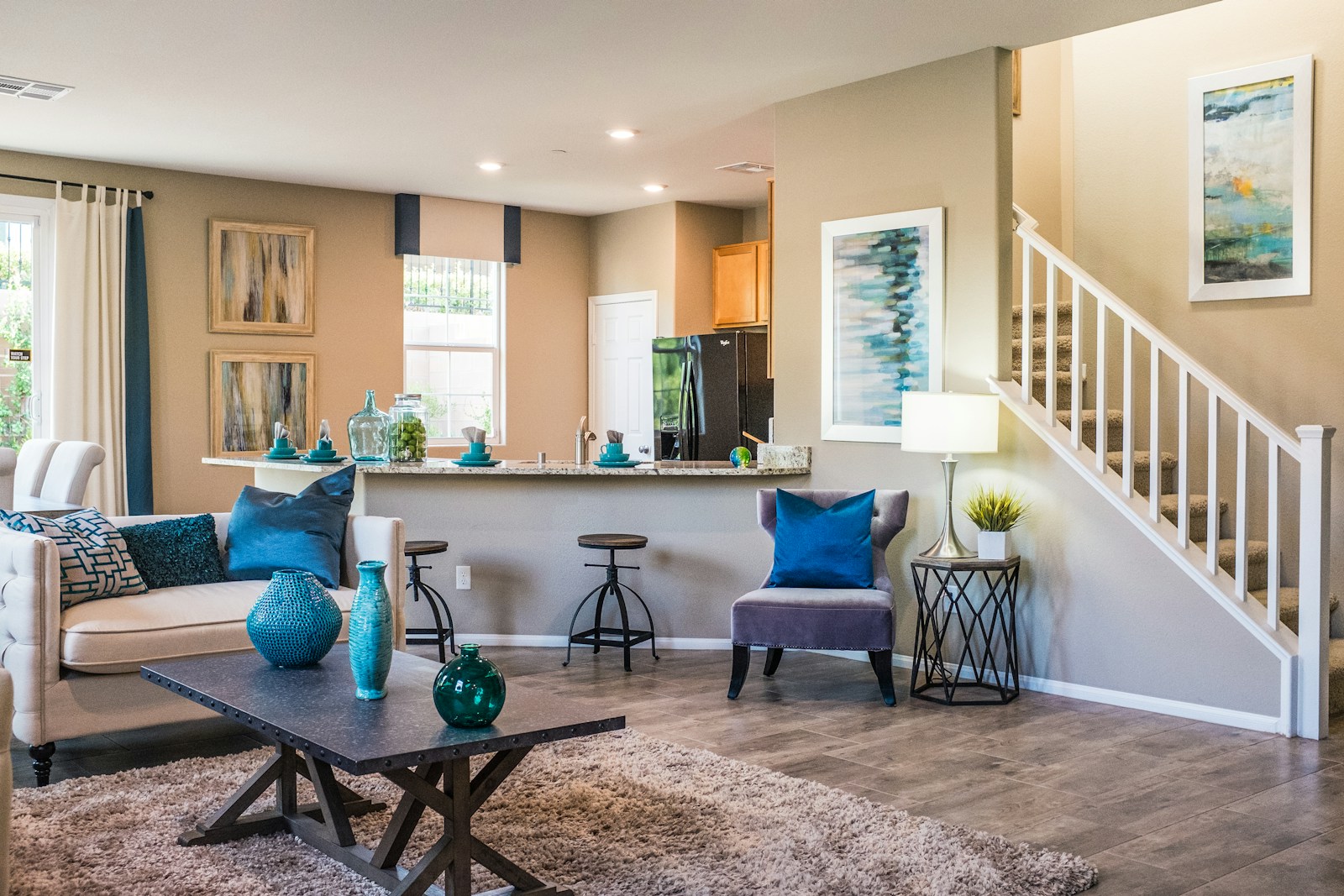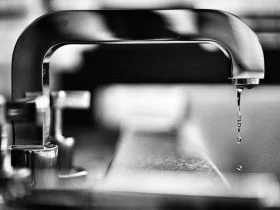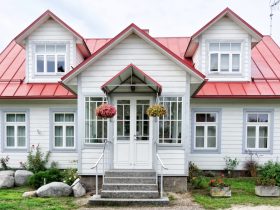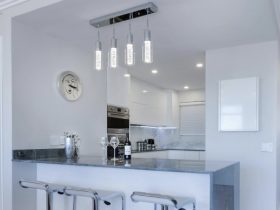Your home is part of your identity. Whether you live in a skyscraper in a metropolis or a cottage in a quaint town, it reflects your personality. You may think your disorganized schedule is responsible for your messy room, but it may be the other way around. Your environment has a deep impact on your mood. Therefore, it’s important to make sure your home has calm and comfortable vibes. That way, you can relax and recharge.
Most people don’t feel at peace in a home that’s got creaking stairs and chipping paint. If you’ve ever wondered why some homes show signs of wear and tear quicker than others, the answer is maintenance. You need to give your home some time and attention and fix potential issues before they become real problems. Repairing is often less expensive than replacing, so a proactive approach is more cost-effective in the future too.
Although every house is different, some areas of the building structure are more prone to weaknesses. Here are five areas that should be in robust condition for your house to make you feel safe and comfortable.
Reader's Roadmap
1. Control Your Temperature
You come home to escape the outdoors, but if the inside temperature is like the outside, you’re bound to be frustrated. Luckily, there are things you can do to keep the temperature consistent. Insulate your home to prevent it from getting too hot in the summer and too cold in the winter. There may be cracks through which outside air is coming in, so seal all leaks, especially around windows.
The heating, ventilation, and air conditioning (HVAC) system is prone to get dusty, so get professional maintenance annually. Additionally, try to buy quality appliances like heat pump systems, which are easier to maintain compared to an air-conditioner. Smart thermostats can be a game-changer for your home too. You’ll be able to control the temperature with your phone — possibly lowering your stress levels and the electricity bill.
2. Avoid Water Woes
Water leakage can lead to severe damage. Regularly check under sinks for leaks and inspect your water heater for signs of wear. Inspect the hoses of your refrigerator and dishwasher for holes too, and make sure to repair them before water starts pooling. If you’re in an area which gets hard water, calcium deposits can make pipes more prone to leakage. In such cases, consider installing a water softener to remove minerals from the water.
Pooling water or a slow drain may also be due to clogging. Install drain stoppers in all sinks and clean them regularly. Once a month, use a bacterial drain cleaner, which doesn’t damage pipes as much as chemical ones. Know how to shut off your water from the mains, so a minor leak doesn’t become a major flood. No matter what, don’t let the water pool, as it may lead to breeding of insects like mosquitoes.
3. Strengthen Safety Measures
Your home should protect you from all forms of danger, be it disease or destruction. Inspect your attic and basement for any signs of insects or rodents. Make sure your attic is well-ventilated and your basement is dry. These areas are prone to issues that affect the entire home if left unchecked. Install locks on all windows and doors while you’re up there to make sure your house is secure.
If you have a burglar alarm system or closed circuit cameras installed, check to see if they’re working properly. Outdoor devices should be screwed on tightly. You don’t want them to fly off with heavy winds, causing harm to people or property. Remember, batteries from safety devices like smoke detectors and carbon monoxide detectors should be replaced annually for optimal functioning.
4. Govern the Garden
It’s not just about aesthetics, proper landscaping can prevent damage to your property. Trim all weak branches so they don’t pose a risk to your house or electrical lines. If you’re not too fond of cutting the grass, invest in a robotic lawn mower. They scan the lawn layout and cut grass to a pre-set level, making your yard neater and your life easier.
Water the garden according to the weather and adjust your sprinklers in the same way. Focus on watering more thoroughly rather than more frequently. Keep an eye on the driveway as well, especially during the winters. Salt the walkways when the temperature drops to prevent slipping and falling. It may be something you’ll have to do repeatedly, but it can save you from the pain of injury.
5. Be Mindful of Maintenance
It’s essential not to mix up maintenance and troubleshooting. Maintenance is to manage a potential problem before the trouble starts. Activities like changing air filters every six months or checking for water leaks quarterly should not be ignored or postponed. Make a schedule and stick to it. Remind yourself that these maintenance activities can prevent minor issues from ballooning into costly repairs.
Flickering lights or chipping paint may be tell-tale signs of a bigger problem. Homeowners who neglect door gaps, sagging roofs and higher energy bills can end up paying much more in the long run. If you feel something is off, don’t delay and call a professional immediately. After all, this isn’t just about your house — but the life of every person living in that house.
Your home is an investment for your future. You’ll be wasting your money if you let it deteriorate with time. Tackle these maintenance hotspots systematically, so they fit in your schedule as well as your budget. These preventive measures ensure the safety, comfort, and longevity of your house, converting it from a house to a home.







Leave a Reply
View Comments